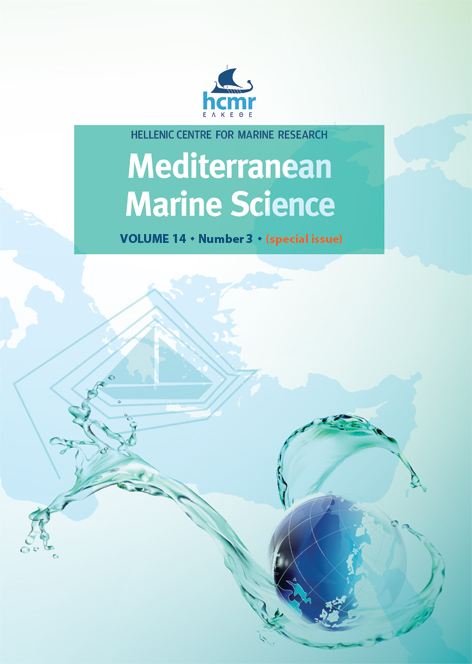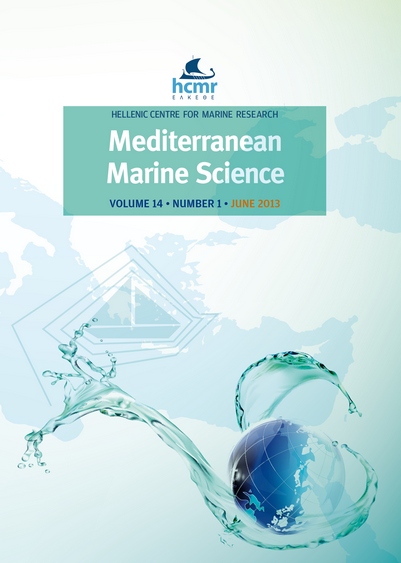Zooplankton community dynamics and environmental factors in Lake Ozeros (Greece)
Аннотация
A one year investigation of the zooplankton community composition and dynamics in Lake Οzeros (western Greece) revealed 25 invertebrate species (16 rotifers, three copepods, five cladocerans and one mollusc larva). The mean zooplankton abundance fluctuated between 59.4 to 818 ind l-1, having maximum values in spring. The species composition and seasonal variation do not differentiate Lake Ozeros from the nearby lakes. The presence of the dominant calanoid copepod Eudiaptomus drieschi and some of the rotifer species recorded are characteristics of either oligo- or eutrophic lakes. According to the trophic state index (TSI) Lake Ozeros is a meso-eutrophic ecosystem, in which the eutrophic character was possibly the result of the high charge with phosphorus (being raised by 28.9 % in comparison to previous decades), which came into the lake via the surrounding agricultural cultivations and mainly the pig-raising activities. In contrast, the concentrations of ΝΟ3, ΝΟ2 and NH4 have considerably decreased possibly due to the termination of the tobacco cultivations around the lake during the last years. The novel information on the abiotic and especially the biotic elements of Lake Ozeros provided by the present study can contribute to the effective management of this aquatic ecosystem in the future.
Article Details
- Как цитировать
-
CHALKIA, E., & KEHAYIAS, G. (2013). Zooplankton community dynamics and environmental factors in Lake Ozeros (Greece). Mediterranean Marine Science, 14(3), 32–41. https://doi.org/10.12681/mms.534
- Раздел
- Research Article
Authors who publish with this journal agree to the following terms:
- Authors retain copyright and grant the journal right of first publication with the work simultaneously licensed under a Creative Commons Attribution Non-Commercial License that allows others to share the work with an acknowledgement of the work's authorship and initial publication in this journal.
- Authors are able to enter into separate, additional contractual arrangements for the non-exclusive distribution of the journal's published version of the work (e.g. post it to an institutional repository or publish it in a book), with an acknowledgement of its initial publication in this journal.
- Authors are permitted and encouraged to post their work online (preferably in institutional repositories or on their website) prior to and during the submission process, as it can lead to productive exchanges, as well as earlier and greater citation of published work (See The Effect of Open Access).








